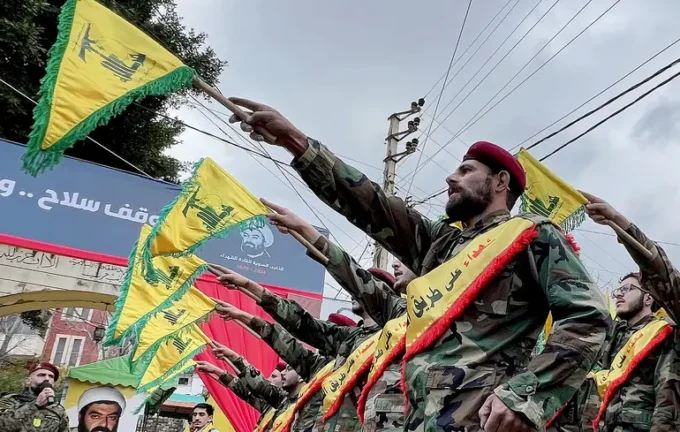Lebanon Prepares Response to US Disarmament Demands: Limited Time Amid Middle East Tensions

Amid increasing regional tensions and intensified diplomatic efforts by the United States, Lebanon stands at a critical crossroads of political and security developments. According to Reuters, government officials have begun formulating a response to Washington’s demands for the unconditional disarmament of the Hezbollah militant group, which continues to play a pivotal role in Lebanon’s internal politics and security landscape. This move comes ahead of an impending November deadline set by the US for complete disarmament of the organization. The initiative is part of a broader diplomatic strategy, as countries supporting Hezbollah, notably Iran, insist on political solutions and fostering better relations with neighboring states. Sources reveal that US Special Envoy Thomas Barrack delivered a written roadmap during his visit to Beirut on June 19, outlining concrete steps towards disarmament and political stabilization. The document emphasizes establishing an international oversight mechanism, potentially under UN supervision, to ensure hostage releases and security reforms. It proposes a phased approach whereby Hezbollah would decommission its weapons across Lebanon in exchange for guarantees of Israeli troop withdrawal from southern Lebanon, with full disarmament expected by the end of 2023. Achieving this goal requires overcoming domestic resistance and political disagreements, some of which stem from fears of legitimizing armed factions. The US underscores that Lebanon’s economic recovery hinges on Hezbollah’s disarmament. Barrack’s communication highlights that failure to follow this roadmap could jeopardize future aid and stability efforts. While the Lebanese authorities have yet to publicly accept or reject the proposal, the US pushes for swift action, warning that the window of opportunity may close soon. Meanwhile, Israel remains vigilant and continues monitoring the situation, emphasizing the importance of disarming Hezbollah, which has suffered losses from Israeli airstrikes, and calling on the Lebanese to unite against external threats. Hezbollah’s leadership declared their readiness to resist external pressure, advocating for a collective Lebanese stance against what they perceive as American-Israeli aggression against Iran and Lebanon. The ongoing diplomatic negotiations and regional tensions make this a highly volatile situation, with significant implications for peace and security in the Middle East.

